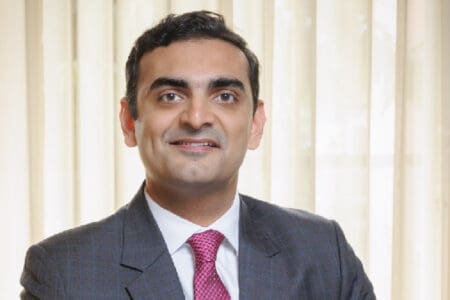Strasbourg: A survey of Council of Europe countries has found plenty of evidence for falsification of medical device products, but also that investigations and prosecutions are few and far between.
The poll of 22 EU and non-EU countries also concluded that there is little data-sharing between them on falsified medical devices, hampering enforcement efforts, and there are differences between countries in the application of EU regulations.
The study was carried out by the Committee of Experts on Minimising Public Health Risks Posed by Falsification of Medical Products and Similar Crimes (CD-P-PH/CMED), part of the European Directorate on the Quality of Medicines & Healthcare (EDQM).
Among 17 respondents asked whether regulations in place are sufficient to address problems originating from falsifications or other fraudulent handling of medical devices, 10 said yes, five said no, and two said they did not know.
Another question – asking whether their regulatory authority had investigated any cases of falsified medical devices in the last three years – resulted in 14 saying that they had done so, five saying they had not and two unsure. For criminal investigations in the last five years, however, that fell to seven, eight and five, respectively.
“Cases of suspected falsification are detected at various stages in the supply chain, from the manufacturer to healthcare providers and patients,” says the report. “Many countries responded that they would benefit from tools for detection, but only three countries reported having checklists and then only for a specific authority.”
Medical devices – products or equipment intended for a medical purpose – form a vast category, comprising over 500,000 products available, and is getting increasingly complex with new technologies and product types coming to market.
“Due to the complexity of the area, work to establish effective legal frameworks and monitoring systems is still ongoing,” said EDQM.
“Furthermore, implementation of the latest EU regulations applicable to medical devices…is still in its early stages and thus little information exists on their impact in addressing the falsification of medical devices.”







